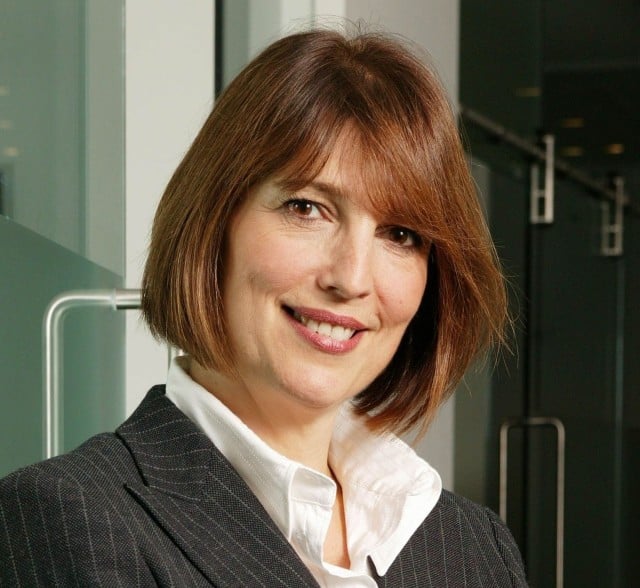
The Guardian has already ruled one big paywall at the director level and the editor level. Now there’s no doubt, as Guardian Media Group CEO Carolyn McCall tells the FT: “It is not really the way the web works … It is the wrong thing to do right now because the jury is out about whether that is the way consumers are going to get information.”
More intriguing, says FT: “GNM has looked at six different pay models including the ‘pay wall’, which she believes would ‘suffocate our journalism, stymie it, contain it’.”
But McCall is keeping options open: “That is not to say there are not areas of specialist content that cannot be charged for.”
McCall, whose GMG also owns a slice of B2B publishers Emap and Autotrader and has a Guardian Professional B2B division of its own, has, for some time, wondered whether some Guardian content might be considered specialist enough to charge for, in the same way that B2B titles and business media are able to charge. In May, she told the FIPP World Magazine Congress: “Realistically, there will be some parts of your website, (such as) MediaGuardian, lots of specialist areas where we do brilliantly, where we should think about how we charge for content that is not easy to replicate.”
(Full disclosure: Our publisher ContentNext is a wholly owned subsidiary of Guardian News & Media and paidContent.co.uk is among the Guardian-owned niche properties that is exploring pay options).
But the idea that MediaGuardian would become a paid-for site was quickly retrenched from as merely that – an idea.
Guardian News & Media annual losses grew 40 percent to £36.8 million in 2008/09, pushing parent GMG to an £89.8 million pre-tax loss.
Guardian.co.uk is the UK’s most-visited newspaper website, with nearly 37 million monthly uniques, but investment in the site between 2002/03 and 2008/09 exceeded income
by £20 million, despite web income reaching £30 million.